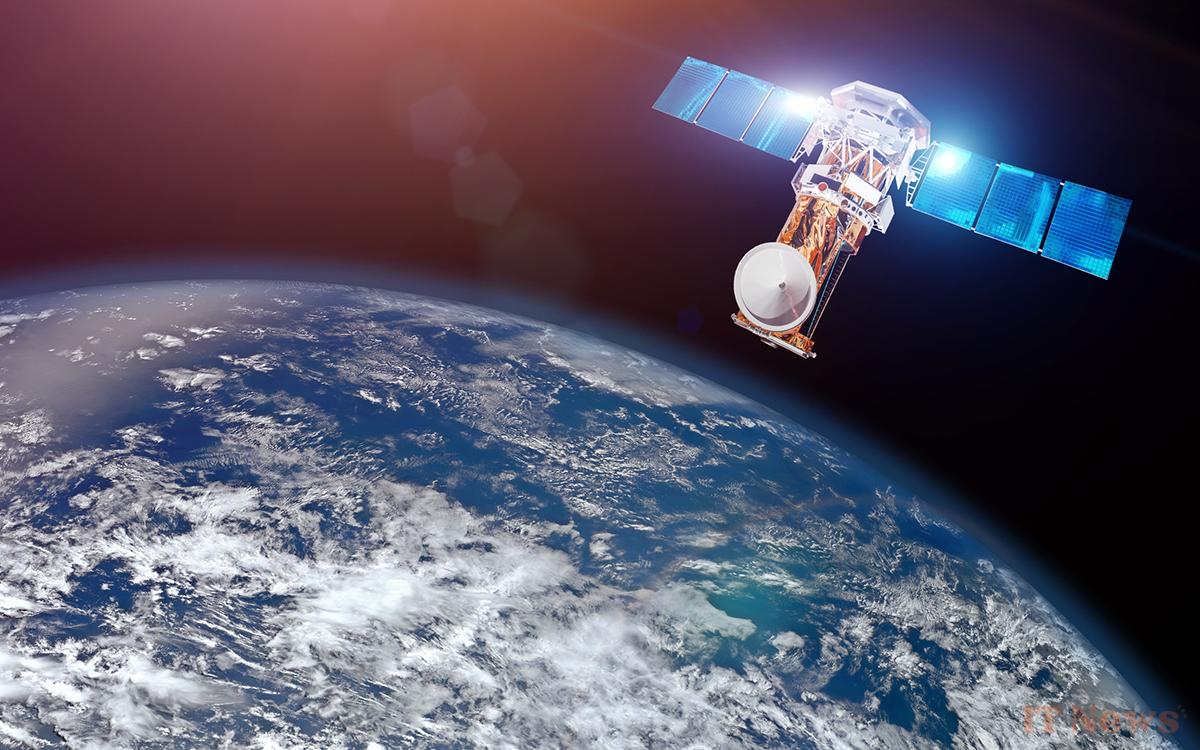What if the next Cold War took place in orbit? The United States is working on space weapons, but between debris and geopolitical tensions, should we bite our fingers?
The US Space Force, the space branch of the American military, has announced that it wants to deploy weapons in orbit to counter foreign "threats." This is the first time since the 1967 Outer Space Treaty, which banned nuclear weapons outside the atmosphere. General Stephen Whiting has spoken of "orbital interceptors" to ensure space superiority against China, which is accused of developing its own military technologies at "breakneck speed." by the space arms race. But between the risk of collisions and geopolitical escalation, the initiative is causing some teeth to grind.
Read also – Satellites in orbit are threatened by global warming, we explain
Arms race or strategic necessity?
According to Whiting, Beijing is accelerating the deployment of terrestrial and orbital weapons, threatening American satellites. "We need these technologies to deter conflict," he assures, while dreaming of colonies on Mars. A paradox that raises questions: how can militarization and peaceful exploration be reconciled?
The immediate danger? Debris. With more than 100 million fragments in orbit, each collision risks generating clouds of debris, making space impassable (Kessler syndrome). Moreover, the ESA sounded the alarm on the subject again just a few days ago. In 2024, the explosion of a Chinese rocket has already added hundreds of pieces of debris. Orbital weapons could worsen the phenomenon by destroying entire satellites.
However, the US Space Force insists: it is about protecting American interests, not provoking a war. The "interceptors" would be used to neutralize hostile targets without using nuclear weapons. A defensive logic... which could lead to an escalation.
How might China, Russia, or Europe react? Will the 1967 treaty, already fragile, withstand this new era? One thing is certain: space is no longer a sanctuary. We hope it doesn't become a battlefield, as this could significantly slow down space exploration.




0 Comments